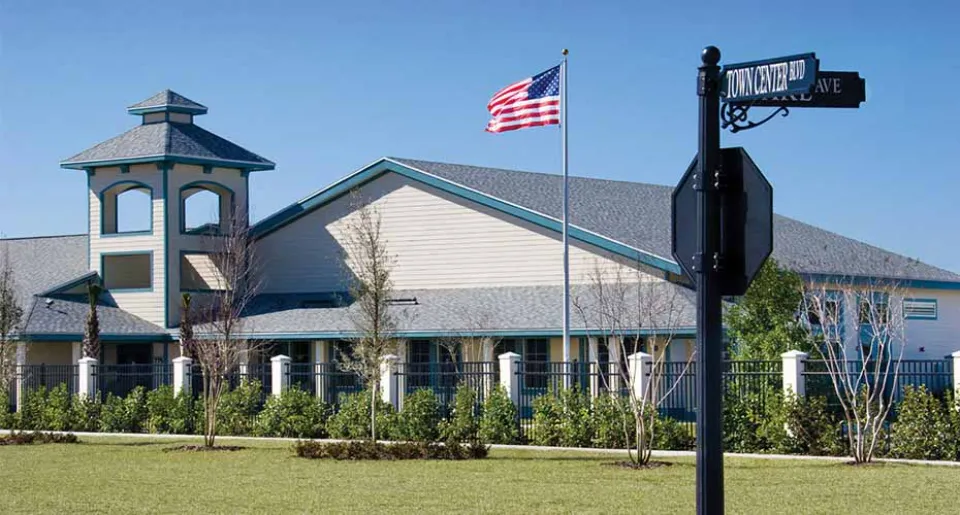
Do Charter School Teachers Have to Be Certified? Certification Requirements for Charter School Teachers
You may wonder whether you can enter a charter school without a certification. This blog explains this question. Read to find out the answer.
While receiving public funding, charter schools are run independently and are exempt from many of the rules that other public schools must follow. However, just because there may be fewer regulations for charter school policy does not mean that there won’t be regulations for charter school teacher requirements.
Find out more about the qualifications for teaching in charter schools by reading on.
Do Charter School Teachers Have to Be Certified?
Different states have different requirements for teachers in public charter schools. While other states have more lenient requirements, some states demand that they have the same teacher certification and credentials as other public school teachers.
For instance, some states might not demand that teachers in certain professions or those instructing in subjects that aren’t regarded as core academic subjects have certification.
Although it is not necessary, having teacher certification still might be advantageous. A higher teacher salary at a charter school, for instance, may be attainable with certification.
A certain proportion of teachers at a charter school must be certified, according to several states. Being certified in those circumstances may give you an edge over competing applicants.

Are Teachers at Open-enrollment Charter Schools Required to Hold a Certification?
It depends, is the succinct reply. Diving deeper into the “it depends,” we must consider:
- What student population the teacher is working with (what classes he or she teaches), and
- What the actual charter agreement with Outlines of TEA and what local policy is provided.
Here’s what the law says: Unless they are teaching special education or bilingual education/ESL, teachers at open-enrollment charter schools must hold at least a baccalaureate degree in addition to the necessary state certification.
The law is a minimal requirement, as it is with almost everything in the world of education. The charter has the authority to impose more stringent rules. The governing body of a charter holder may, in particular, set the requirements for teachers higher than those set forth by state law.
All this means is that you must review your charter agreement with TEA and any relevant board-approved policy in order to answer this question with absolute certainty.
In Texas, many charters have certification requirements that are in line with those of the ISD, while others only demand that teachers have certification in the core subjects they are teaching, and still, others go beyond the minimum standards set by the state.
Can You Teach at a Charter School Without Certification?
Depending on the state in which you want to teach, this will change. Six states had not yet passed charter school legislation as of 2018. However, with the exception of a few, the majority of charter schools in the remaining states demand certification.

State certification is not necessary for Alabama, Arizona, Arkansas, the District of Columbia, Louisiana, Mississippi, Missouri, and Oklahoma.
To establish your qualifications in the aforementioned states, you will need to provide proof of some education, though the required level will vary by state. For instance, teachers of mathematics, science, social studies, and language arts must hold a college degree in North Carolina, where at least 50% of charter school instructors must be certified.
The most typical requirements for teachers working in charter schools without certification are having a degree and prior work experience. Once more, the state will determine the level of education and amount of experience.
What is the Demand for Charter School Teachers?
Awaiting lists for charter schools currently have about 365,000 students on them, according to the National Alliance for Public Charter Schools. The demand for educators interested in this field of work is likely to increase given how well-liked they are by the general public.
Charter schools are making a difference and, in many cases, raising the bar for educational quality, even though they might not be the miracle cure that some claim they are.
Charter schools provide a wide range of educational experiences for both students and teachers because there are so many different schools to choose from and more are opening every year.
A public charter school might be your best option if you’re looking to work in a cutting-edge educational environment or want to locate a school that shares your personal educational philosophy or ardent interest.
Conclusion: Certification Requirements for Charter School Teachers
Depending on the state and the particular charter school, the question of whether teachers in charter schools need to be certified has different answers.
While some states require certification for all teachers, including those working in charter schools, others have more lenient standards, permitting non-certified teachers in some circumstances or even alternative certification paths.
FAQs
Do Charter Schools Require a License?
Traditional public school and Horace Mann charter school administrators must possess an appropriate Massachusetts administrator license for the role. Administrators of Commonwealth charter schools are not required to hold a license, but they must be capable of handling all responsibilities.
Do You Have to Be Certified to Teach at a Charter School in Texas?
Unless they are special education or bilingual/ESL teachers, teachers at open-enrollment charter schools must hold a baccalaureate degree or higher. These teachers must also have state certification.
Can You Teach at a Charter School Without Certification in PA?
Pennsylvania’s Charter School Law requires that at least 75 percent of a charter school’s professional staff hold appropriate state certification.
Do You Have to Be Certified to Teach at a Charter School in NC?
Only 50 percent of teachers must be licensed. are not required to schedule teacher workdays for professional growth. are exempt from the requirement to provide students with transportation, and those that do so are not held to the same safety standards as conventional public schools.


